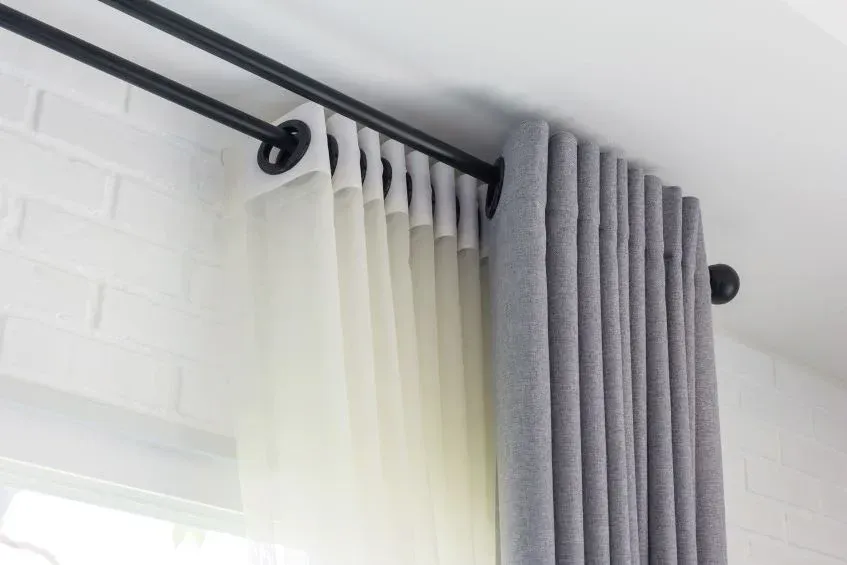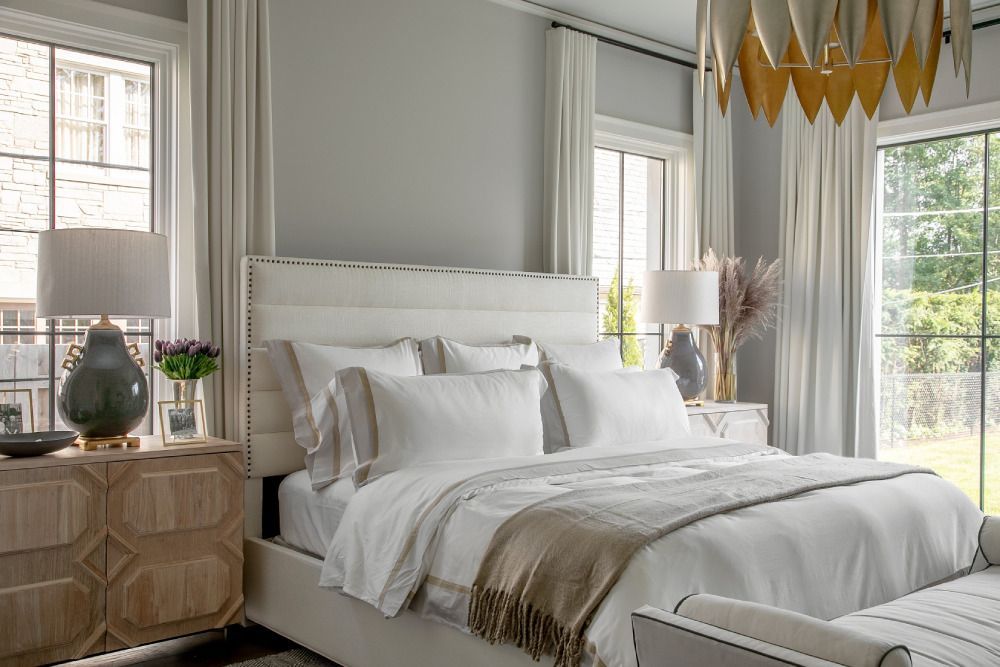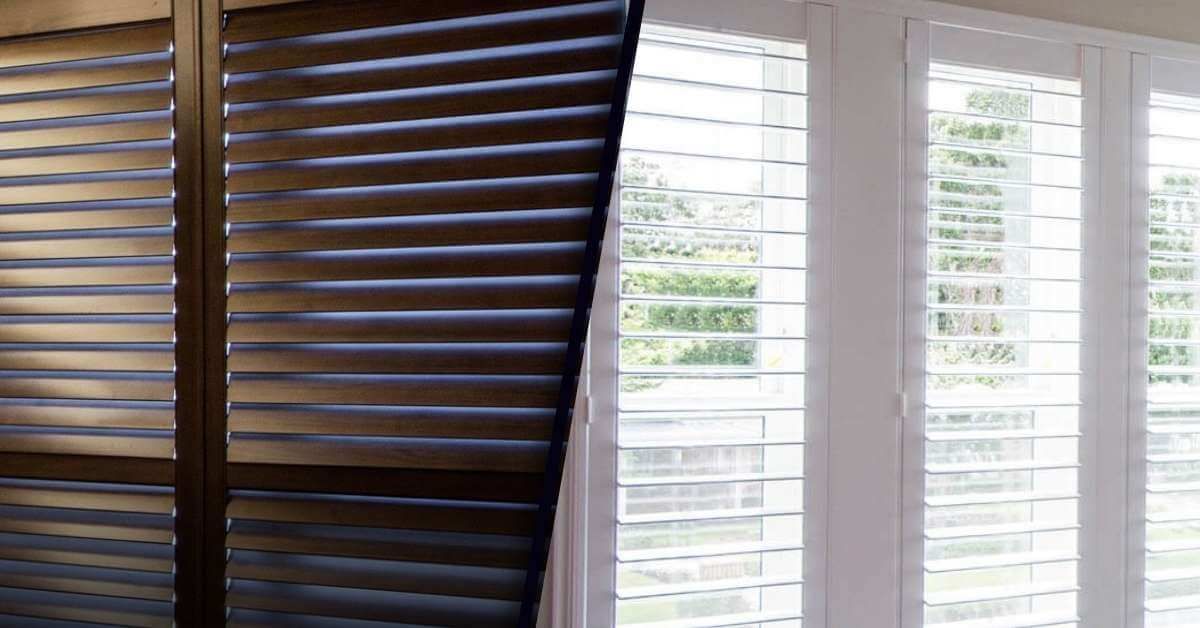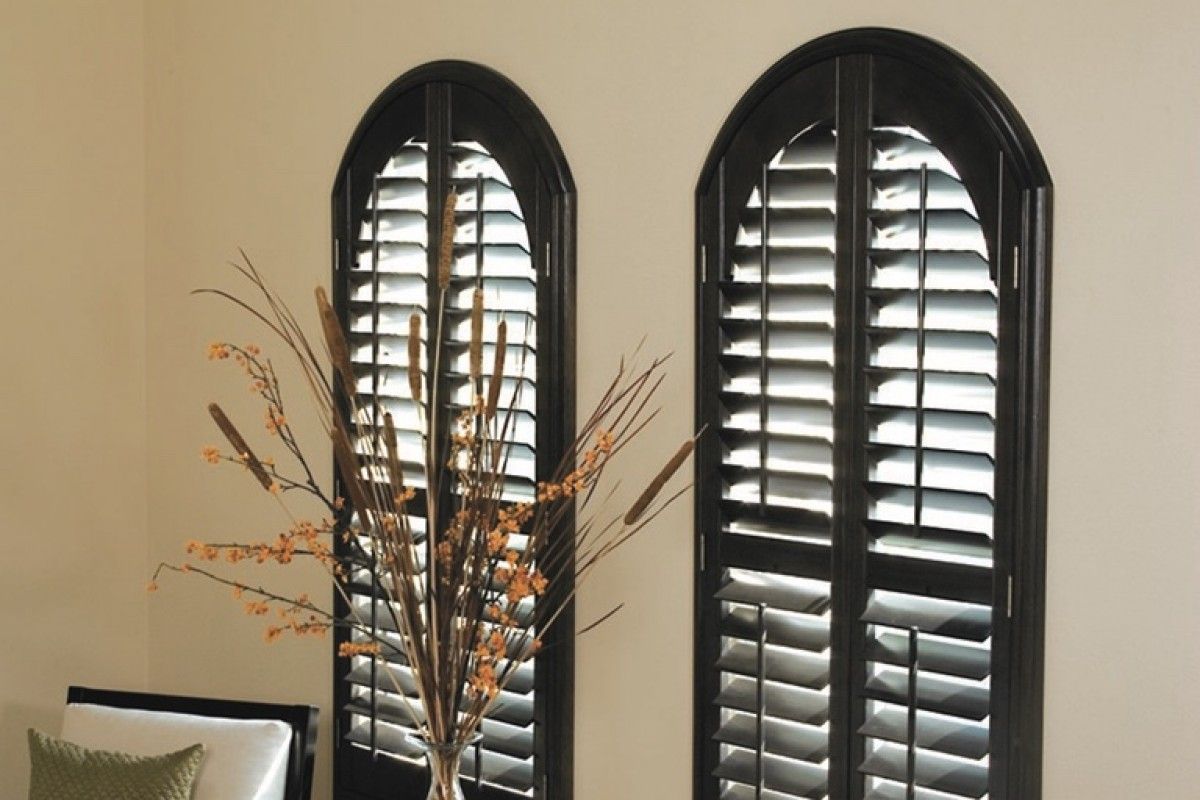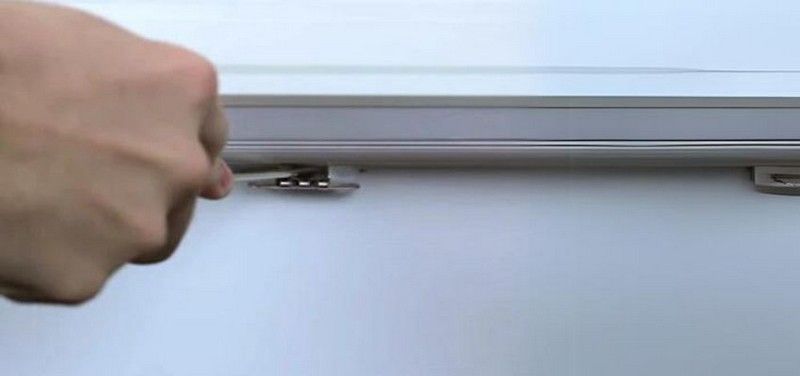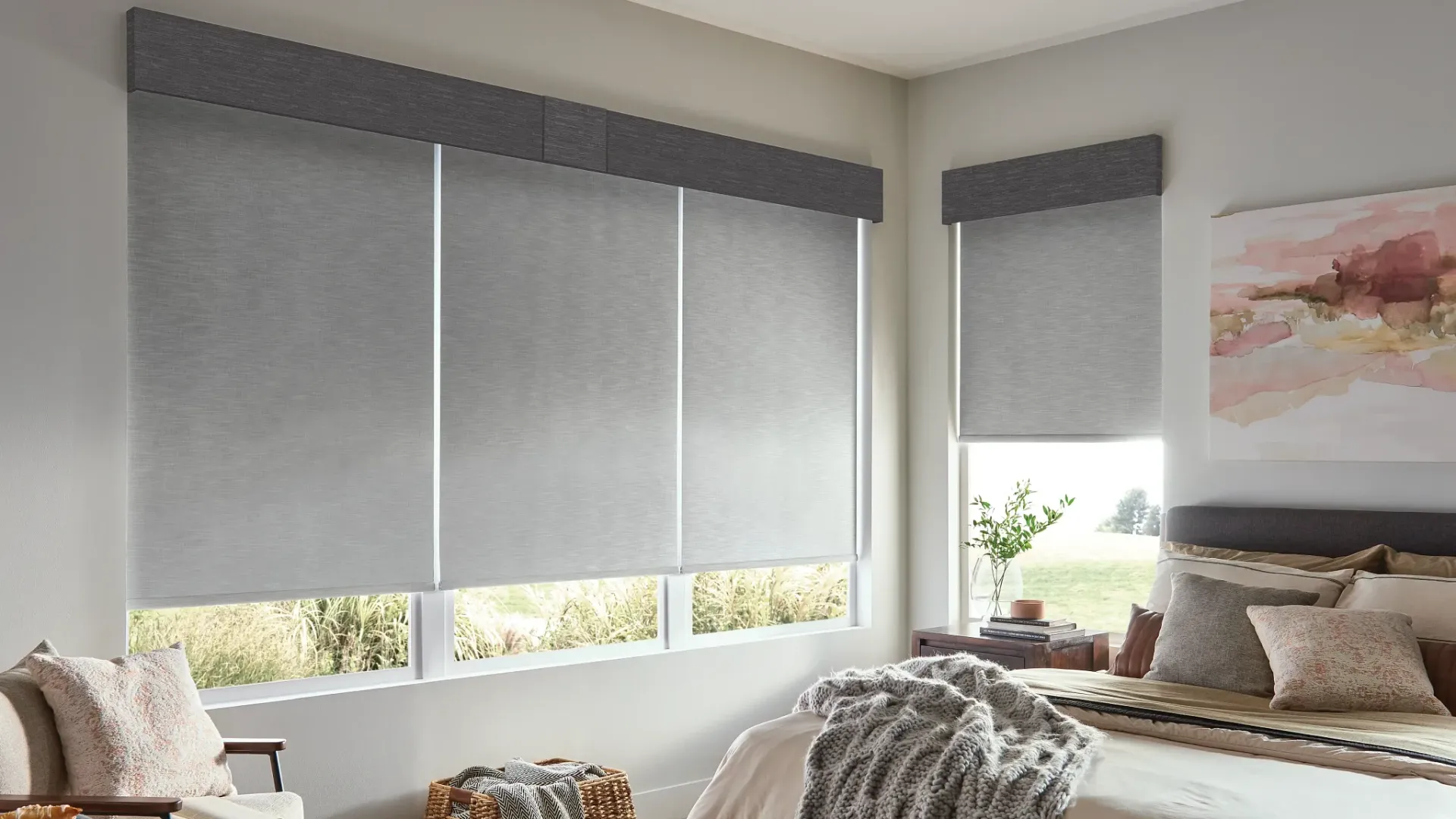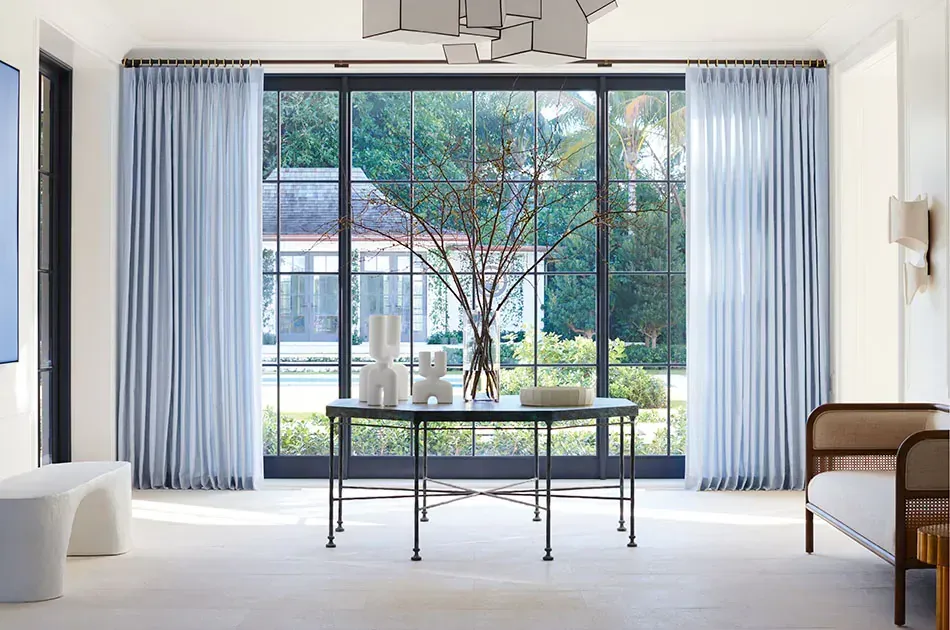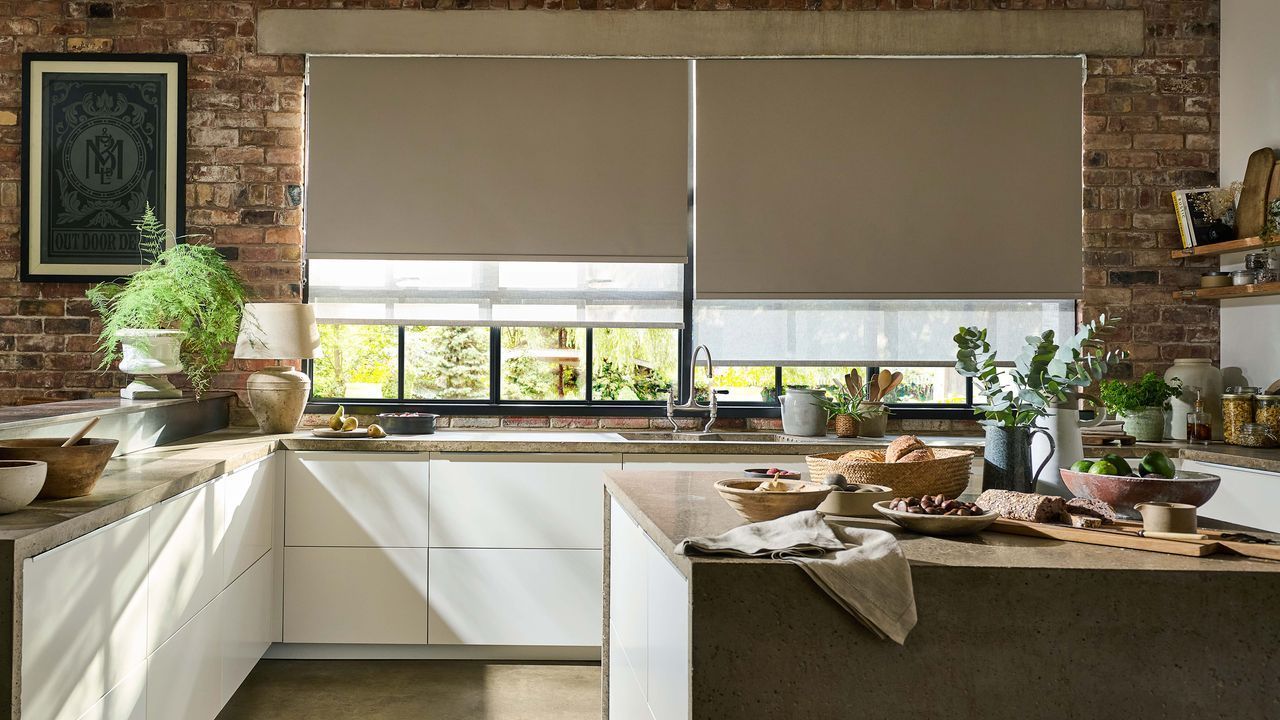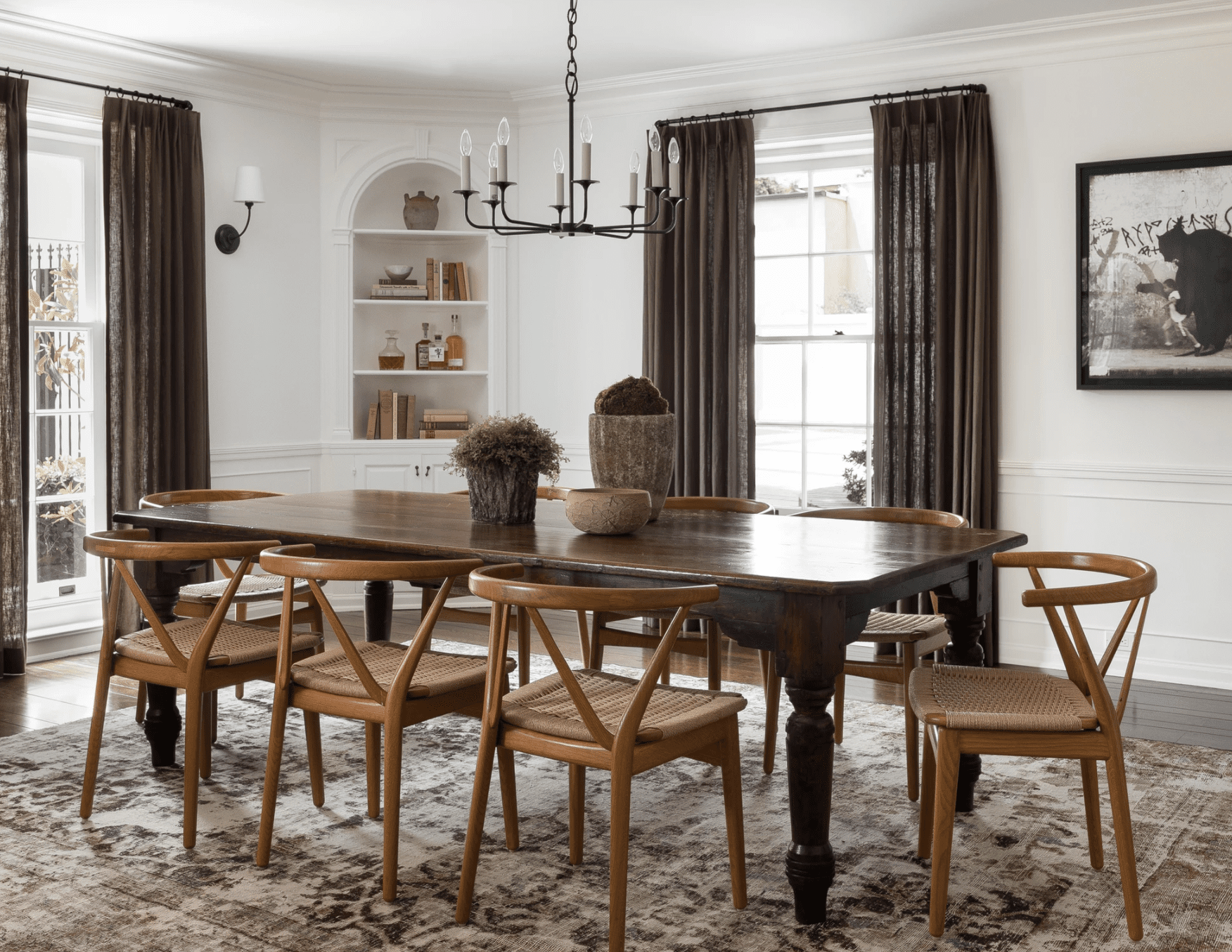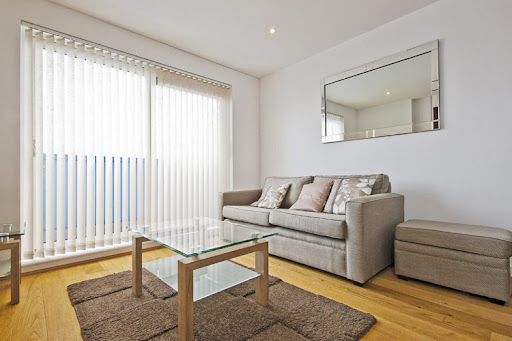LOVE IS BLINDS
Cellular vs. Roller Shades: Why You Should Avoid One of Them?
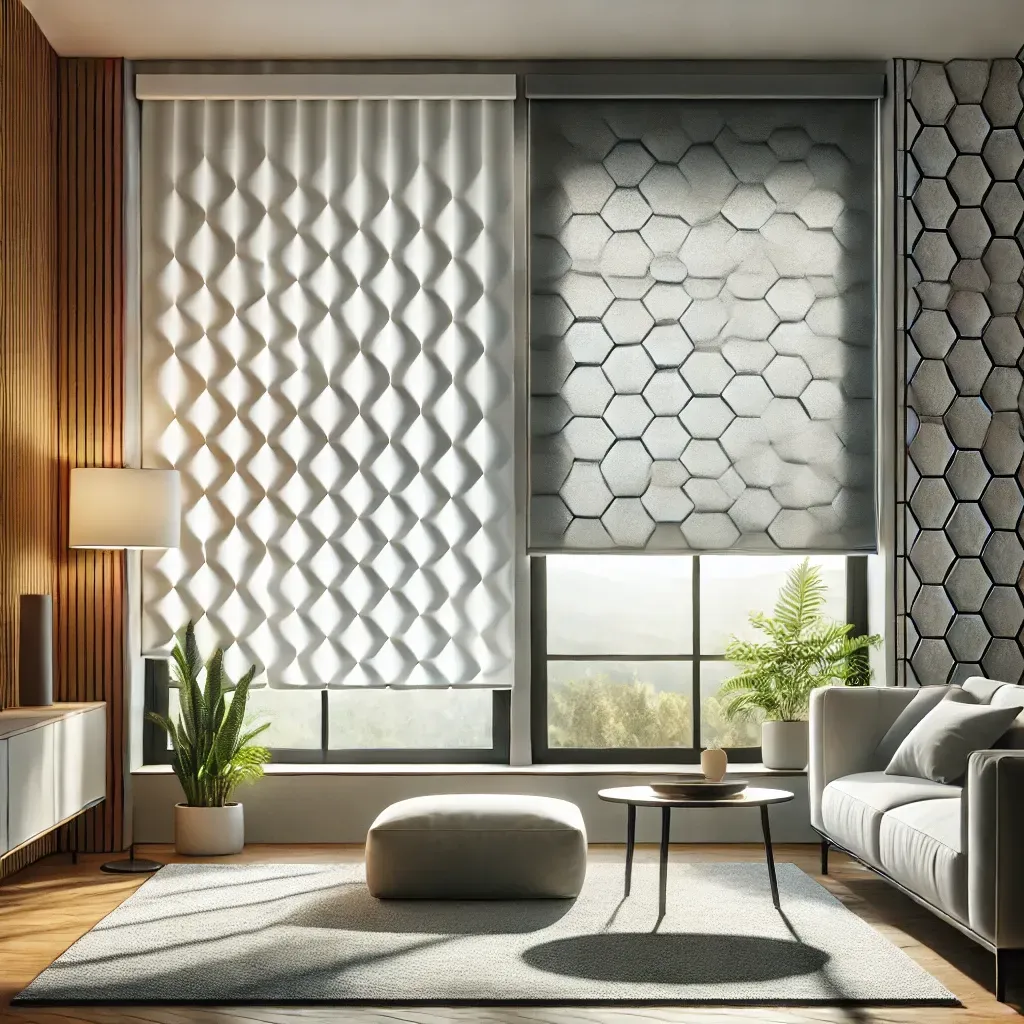
When it comes to window treatments, Cellular vs. Roller Shades is a common debate that confuses homeowners and designers alike. Both options have their unique benefits, but what if one isn’t right for your specific needs?
What Are Cellular and Roller Shades?
Cellular shades
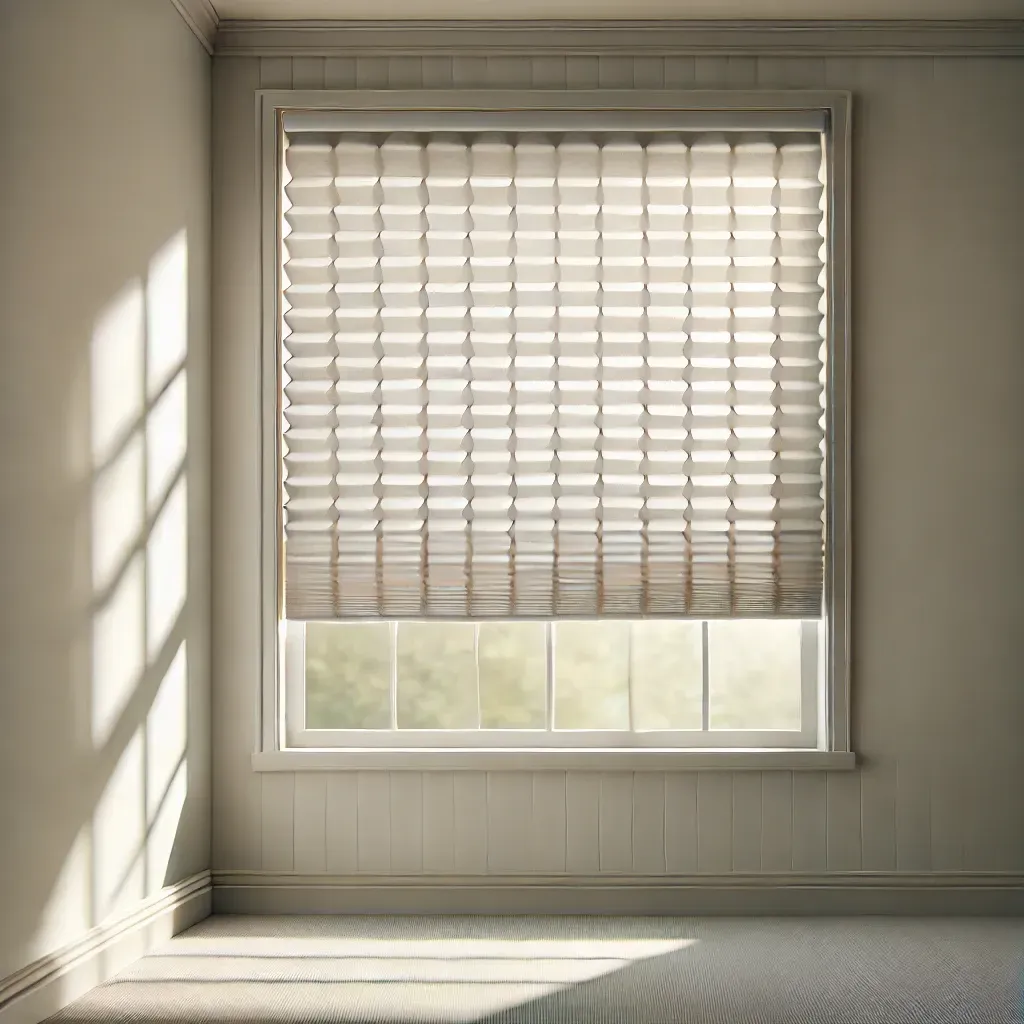
also known as honeycomb shades, are named after their distinctive design, which features cells resembling a honeycomb structure. This unique build provides insulation by trapping air in the cells, making cellular shades an energy-efficient option for homes. They are well-suited for those looking to reduce their heating and cooling costs.
Roller shades
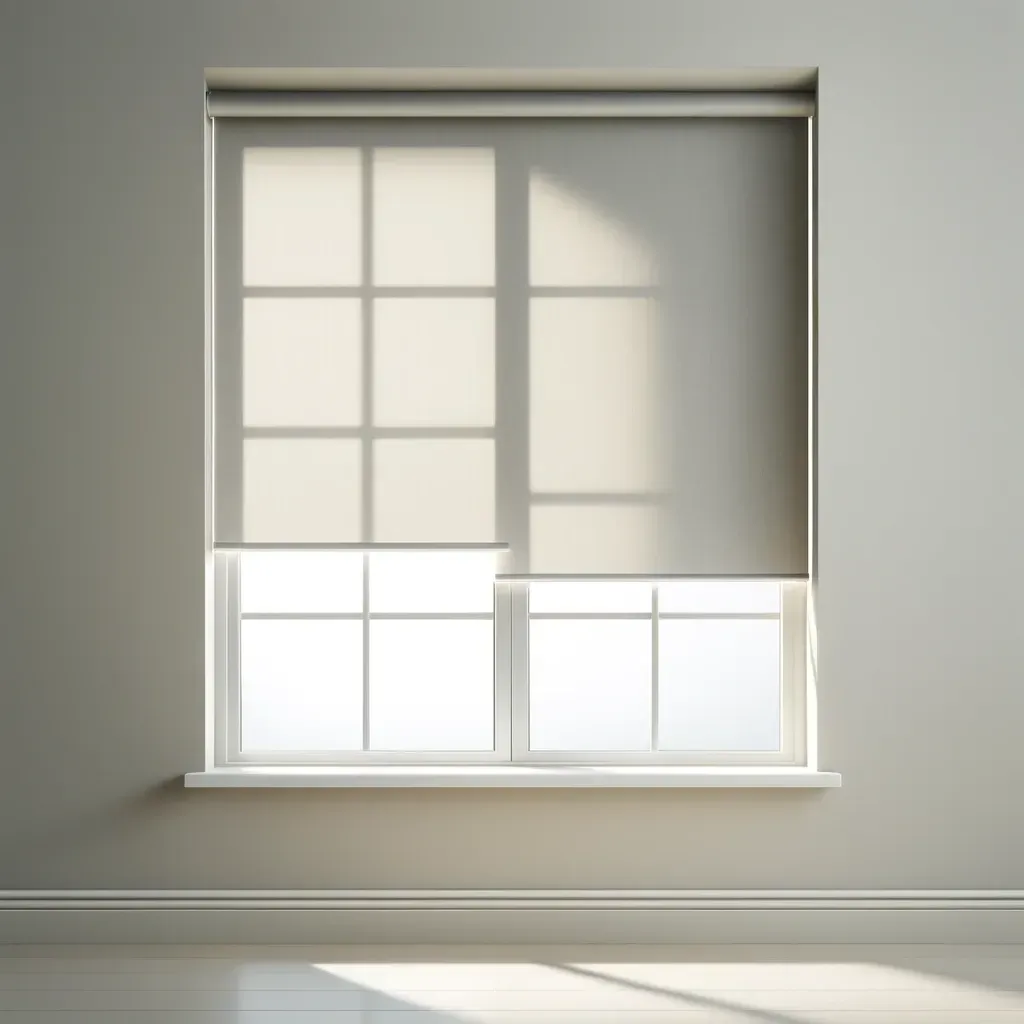
on the other hand, consist of a single piece of fabric that rolls up into a tube at the top of the window. These shades offer a sleek, minimalistic look and can come in various materials, from blackout fabrics to light-filtering options, allowing you to control light and privacy.
Differences Between Cellular and Roller Shades
Energy Efficiency: Which Shades Save More?
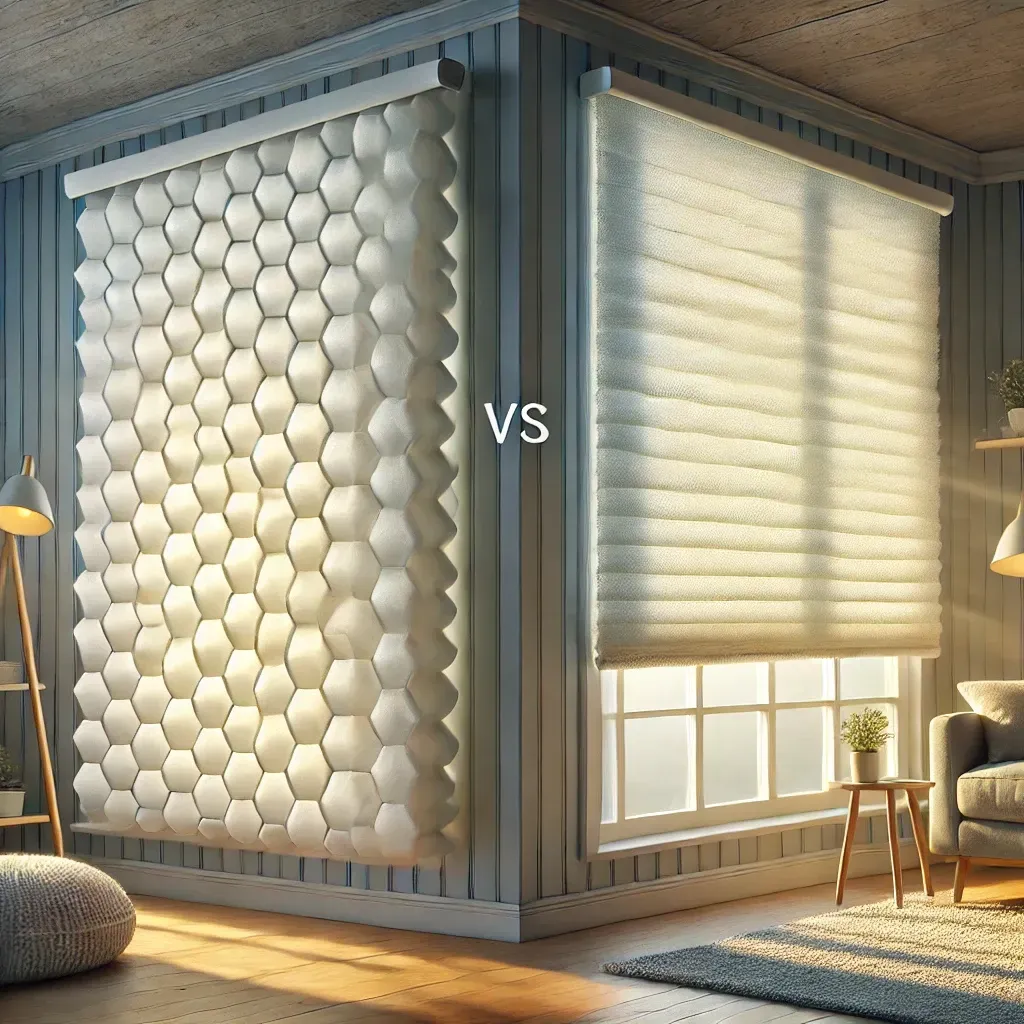
If energy efficiency is a priority, cellular shades take the lead. The honeycomb structure of cellular shades traps air, creating a layer of insulation that helps keep your home cool in the summer and warm in the winter. This feature makes cellular shades one of the best window treatments for reducing energy bills.
However, roller shades, especially those with thicker fabrics, can still offer some level of insulation but are not as effective in temperature regulation as cellular shades. If energy savings are a top concern, roller shades might fall short in comparison.
Light Control: Which Is More Versatile?
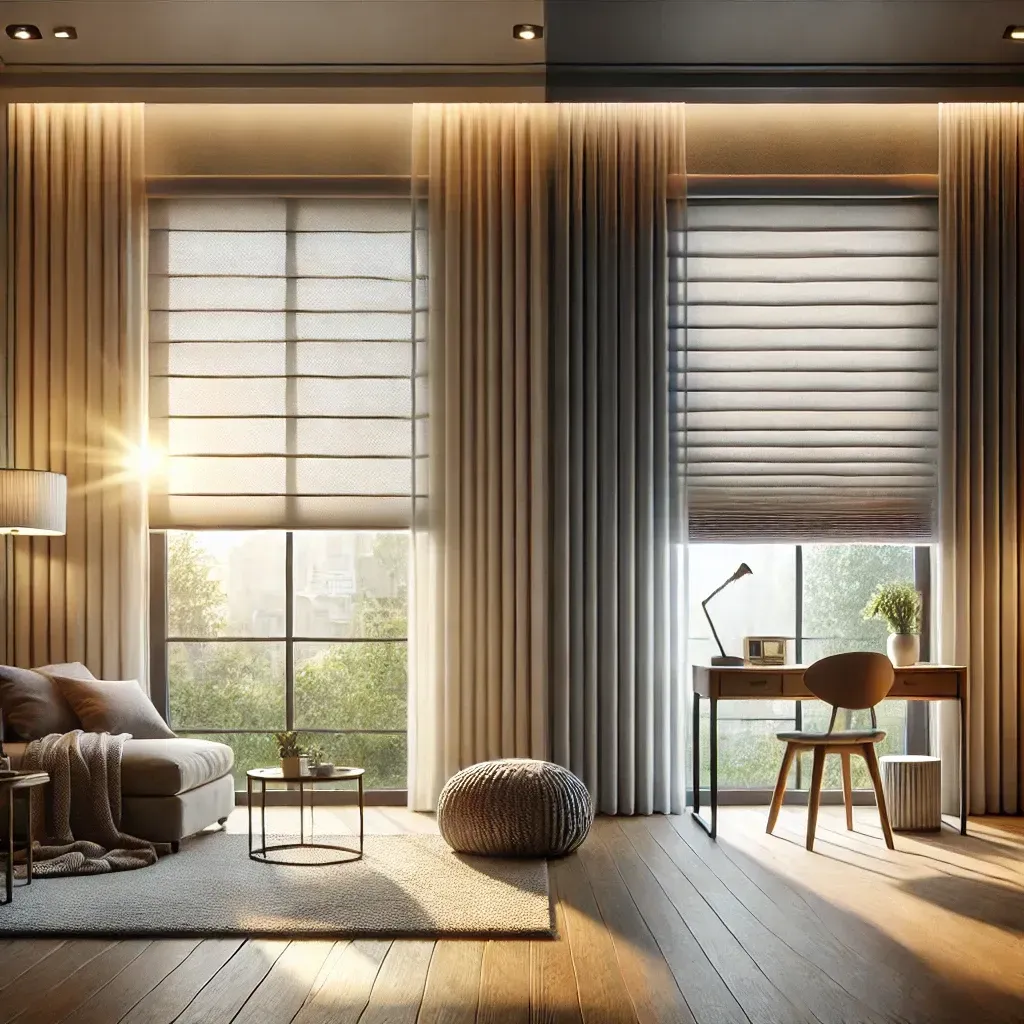
Both options offer great light control, but roller shades tend to have the upper hand in terms of versatility. You can choose from various fabrics, ranging from sheer to blackout, allowing for customized light levels depending on the room. With roller shades, you have more flexibility when it comes to controlling how much light enters the space.
While cellular shades also offer light-filtering and blackout options, they may not provide the same level of versatility in terms of material and fabric choices. If you want more control over light levels, roller shades could be a better fit.
Pros and Cons of Cellular Shades
Pros of Cellular Shades
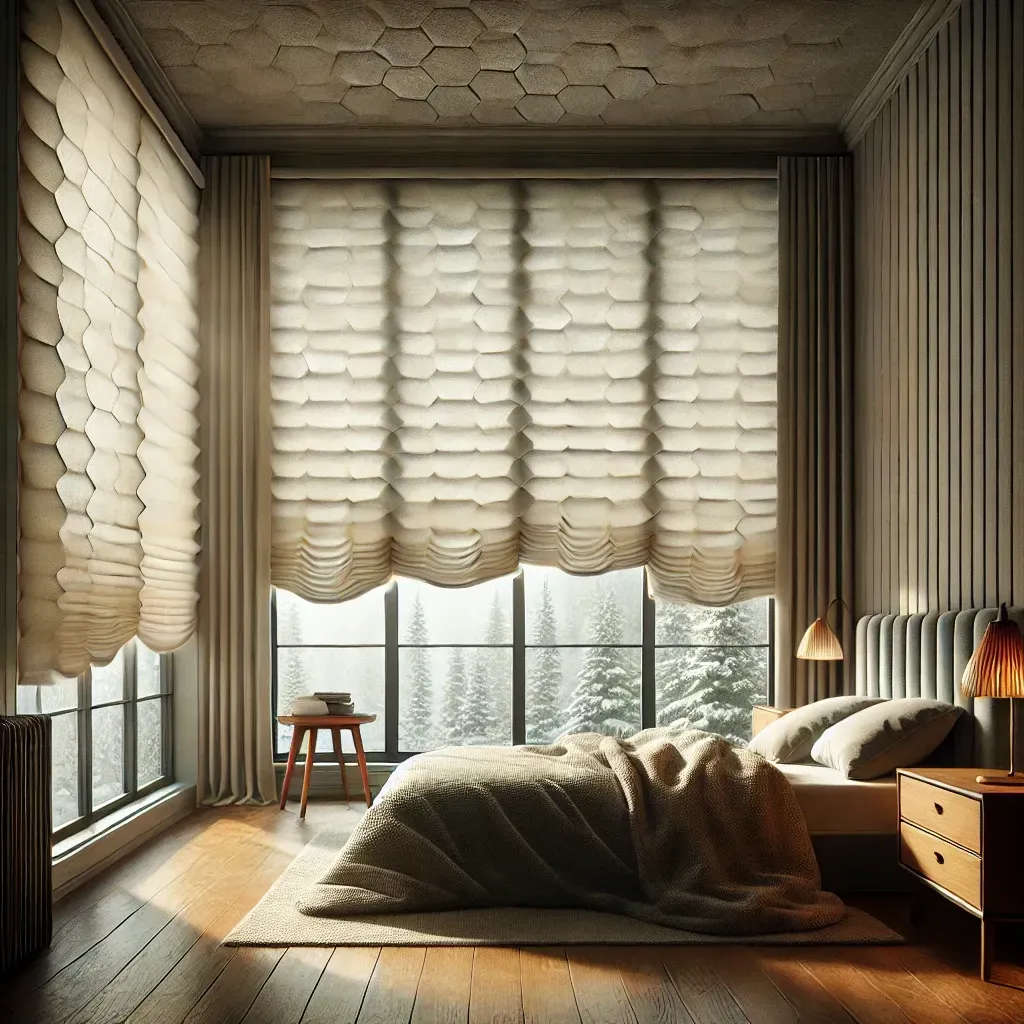
- Energy Efficiency: As mentioned, the honeycomb design of cellular shades makes them the best choice for insulation and energy savings.
- Privacy: Cellular shades offer excellent privacy, especially with double or triple cells, making them ideal for bedrooms and bathrooms.
- Noise Reduction: The cellular design also helps reduce outside noise, creating a quieter indoor environment.
Cons of Cellular Shades
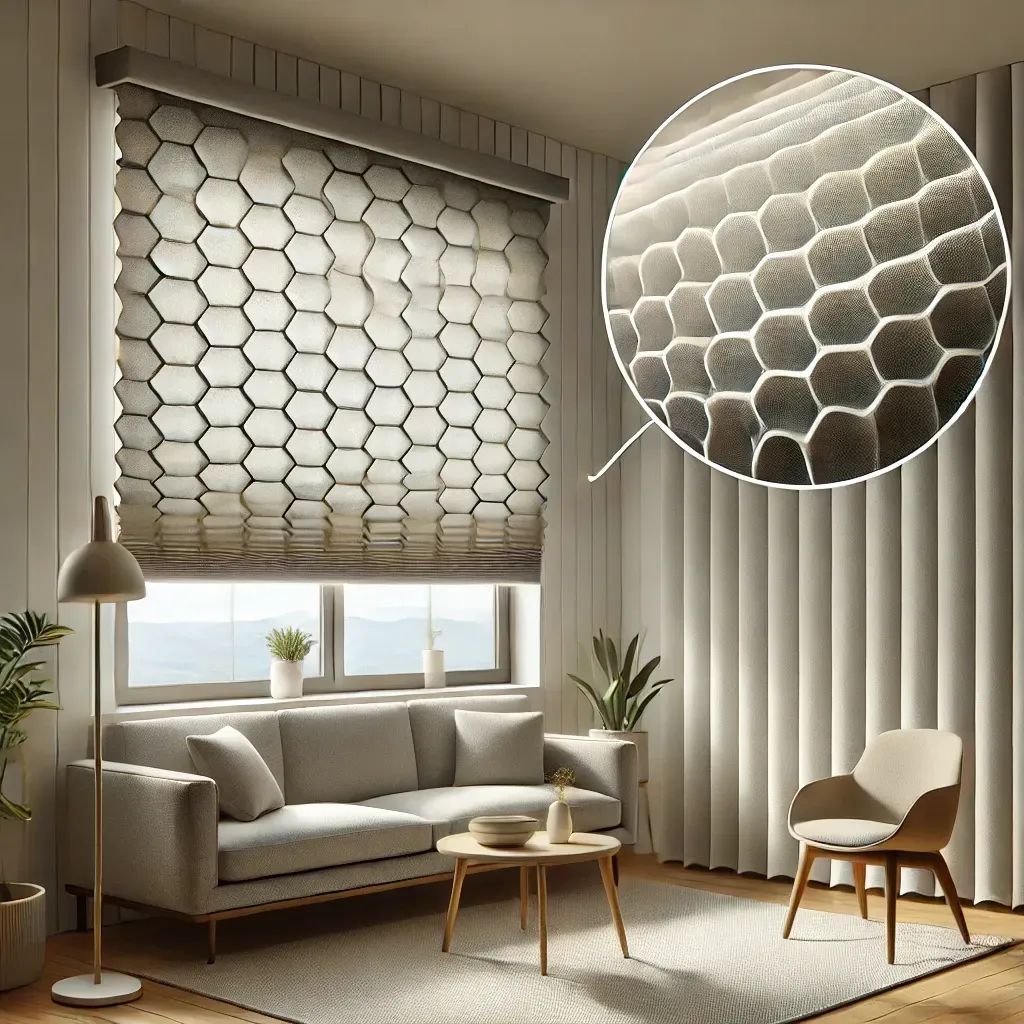
- Limited Style Options: Cellular shades typically come in fewer colors and fabric choices compared to roller shades, which may limit your design possibilities.
- Higher Cost: Due to their specialized design, cellular shades can be more expensive than roller shades, particularly if you opt for high-end options with double or triple cells.
- Difficult to Clean: The honeycomb cells can trap dust and debris, making them harder to clean than roller shades, which can simply be wiped down.
Pros and Cons of Roller Shades
Pros of Roller Shades
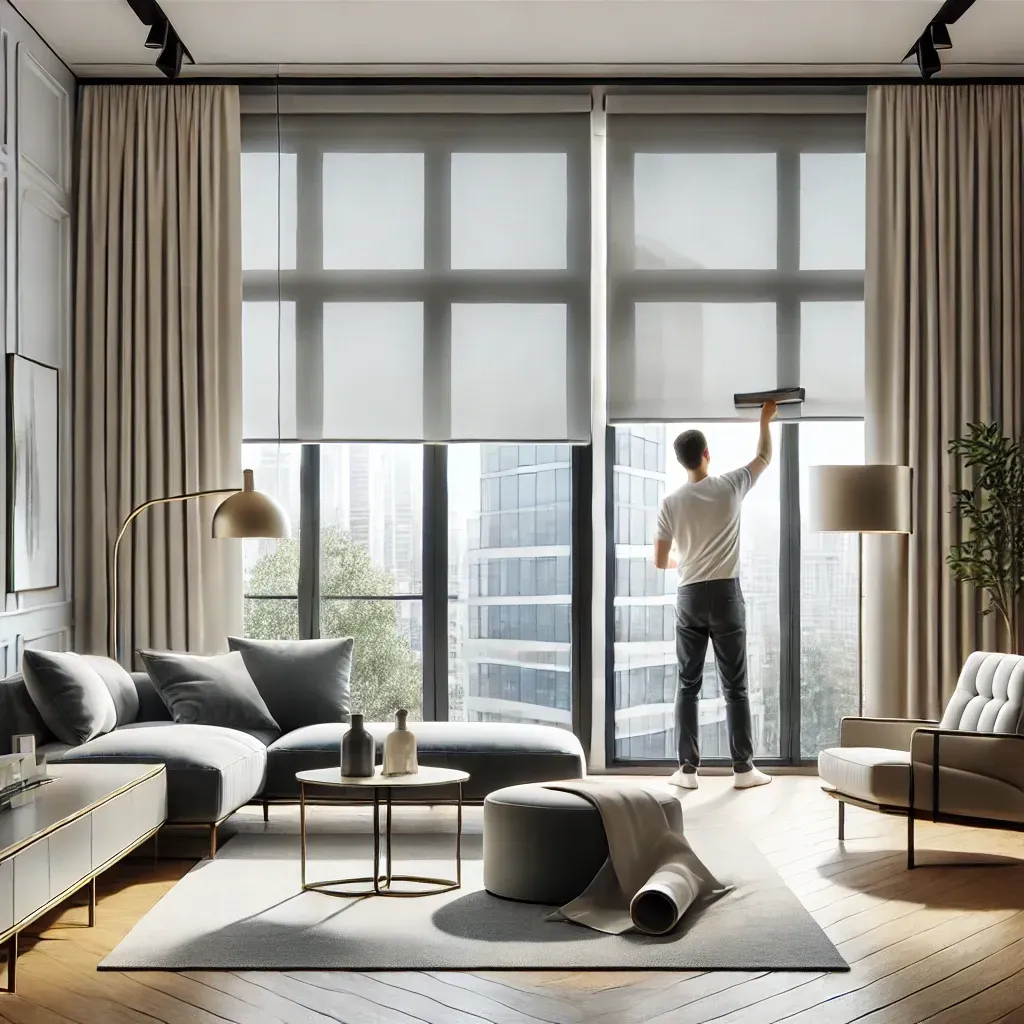
- Sleek, Modern Design: Roller shades offer a minimalist aesthetic that can complement modern home décor. They are perfect for achieving a clean, uncluttered look.
- Affordable:
Roller shades tend to be more budget-friendly than cellular shades, making them a popular choice for homeowners looking to save money.
- Easy Maintenance: Since roller shades are made from a single piece of fabric, they are much easier to clean than cellular shades. A simple wipe-down is often enough to keep them looking fresh.
Cons of Roller Shades
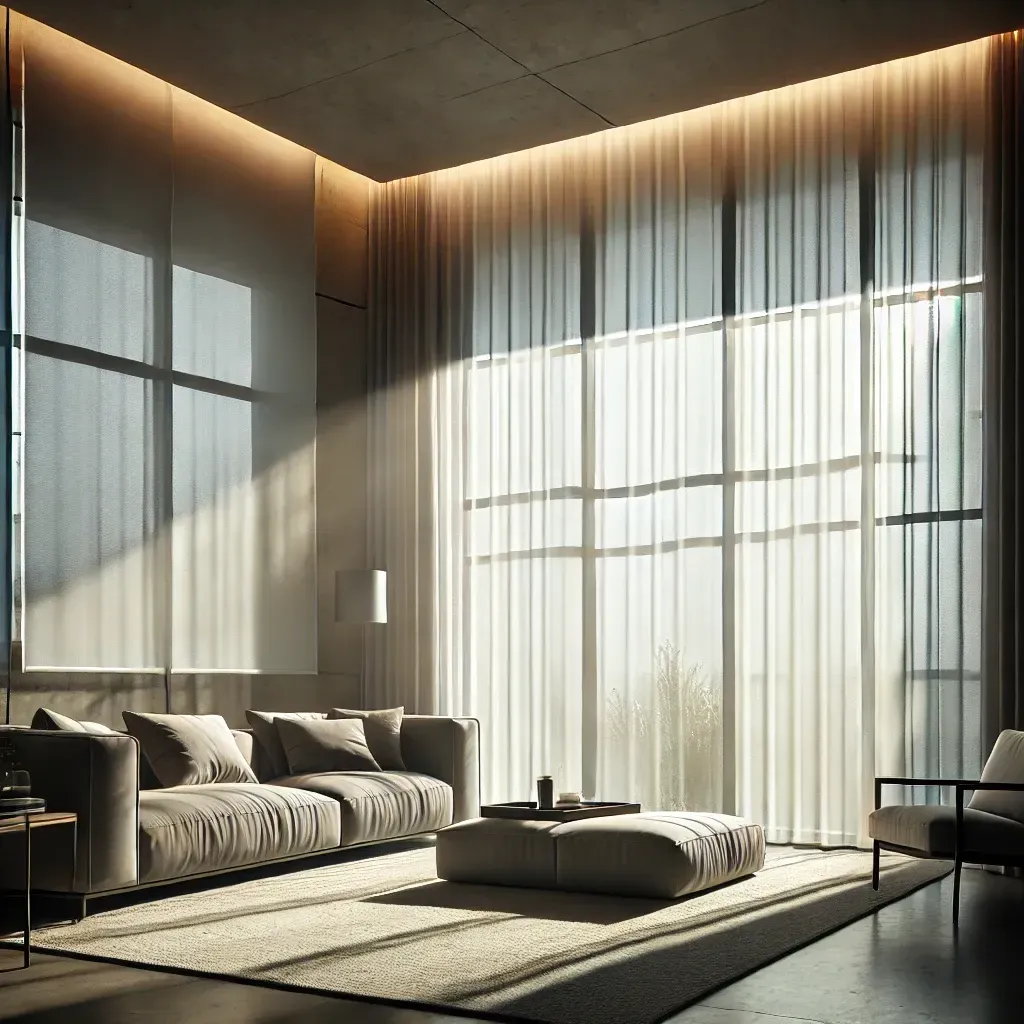
- Less Energy Efficient: While some roller shades offer thicker fabrics that can block out light and offer minimal insulation, they don’t compare to the energy efficiency of cellular shades.
- Less Privacy: Roller shades with sheer or light-filtering fabrics may not offer the same level of privacy as cellular shades. If privacy is a top priority, you might find roller shades lacking in this area.
Why You Should Avoid One of Them
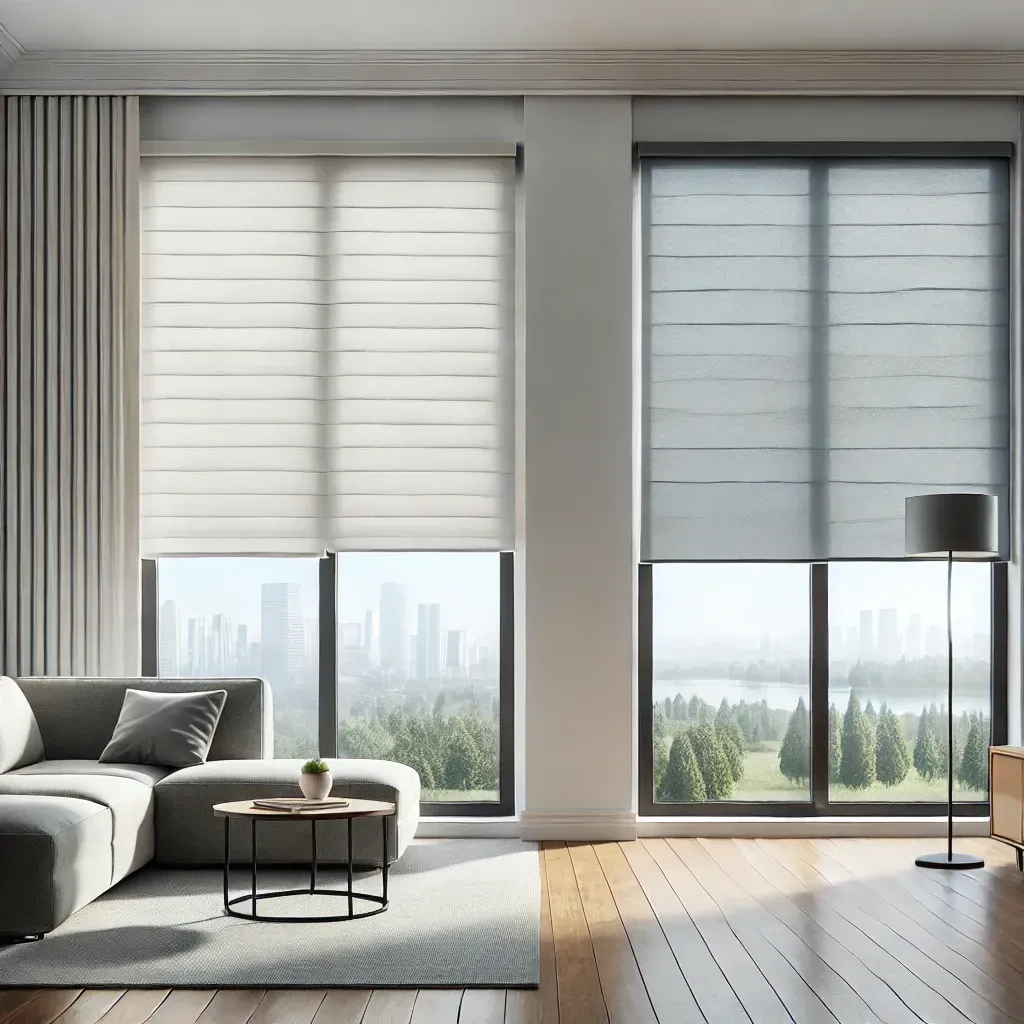
Now that we’ve broken down the differences and pros and cons of each type of shade, you’re probably wondering: Which one should I avoid?
The answer depends on your priorities and the specific needs of your home.
Avoid Roller Shades If Energy Efficiency Is Key
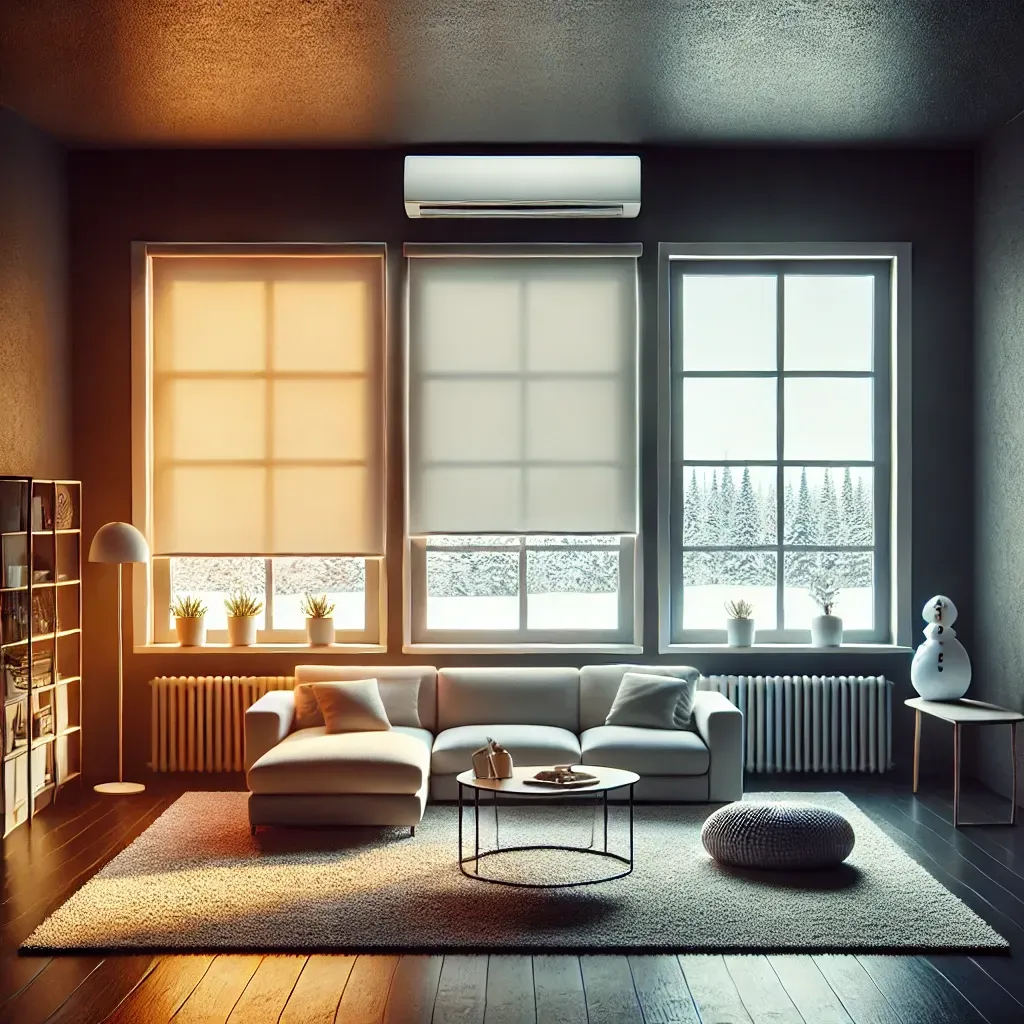
If you're concerned about energy efficiency and reducing your heating or cooling costs, roller shades may not be the best choice. Their single-fabric design lacks the insulation properties of cellular shades, making them less effective in regulating indoor temperatures. In colder climates or rooms where you want to reduce energy usage, roller shades might not meet your expectations.
Avoid Cellular Shades If You Want a Sleek, Modern Look
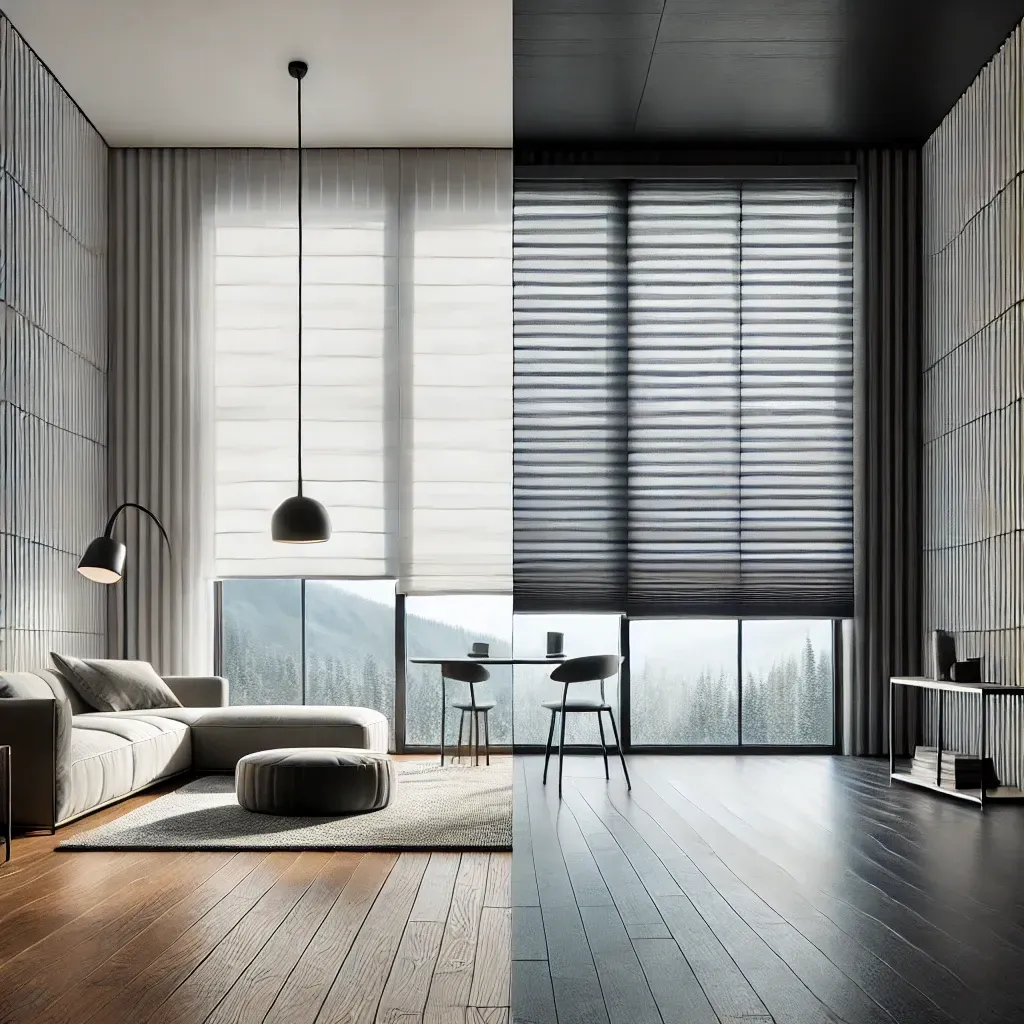
On the flip side, if you’re aiming for a minimalist, modern design, cellular shades may not be the best option. Their bulky appearance and limited design options can make them less appealing for homeowners who prioritize aesthetics. If you value a sleek, streamlined look, roller shades might be the better option.
How to Decide Between Cellular and Roller Shades
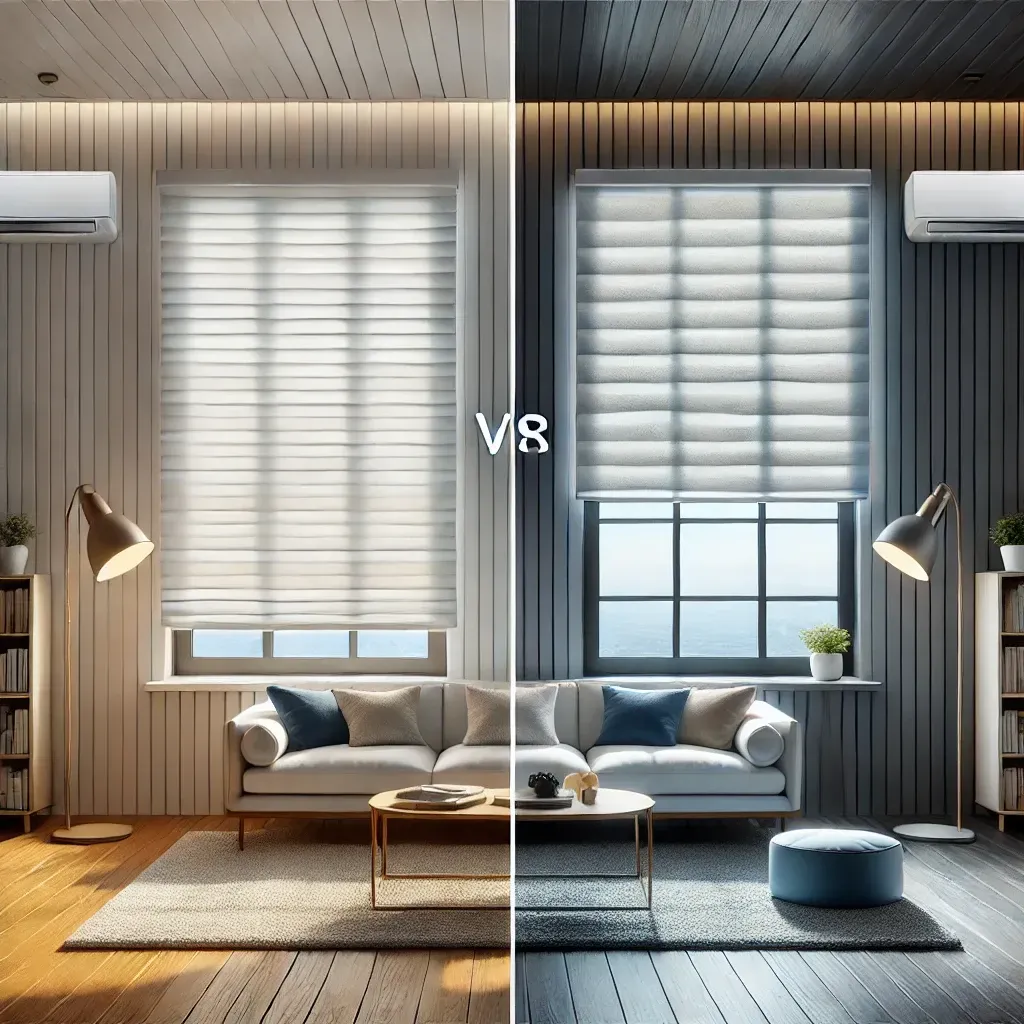
Choosing between cellular and roller shades can be challenging, but it ultimately comes down to your needs and preferences. Here are some factors to consider:
- Budget: Roller shades are generally more affordable, so if you're working within a tight budget, this option might be better.
- Light Control: If you need flexibility in controlling the light in your home, roller shades offer more variety.
- Energy Efficiency: For those looking to save on energy costs, cellular shades are the clear winner.
- Privacy: Cellular shades offer better privacy than roller shades, making them ideal for bedrooms and bathrooms.
Conclusion
At the end of the day, the decision between cellular and roller shades will depend on your personal preferences and the functional requirements of your home. If energy efficiency and privacy are high on your list, cellular shades may be the better choice. But if you're after a modern, low-maintenance option, roller shades might suit you best.
Need to setup a Repair Appointment?

